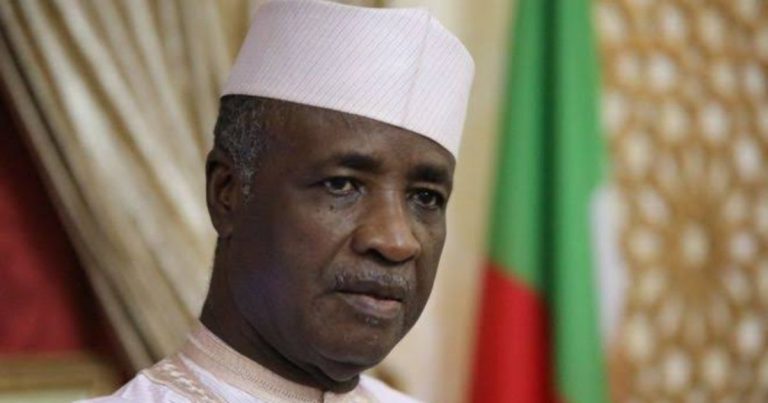Fertility rate drops as World Population hits 8 Billion
According to the UN Department of Economic and Social Affairs, there are now roughly 8 billion people on the planet.
Nigeria is expected to have 216 million residents, that is, making up 2.7% of the world’s population.
This was stated by the UN in its most recent World Population Prospects 2022, which was published on Tuesday in honor of World Population Day.
The Democratic Republic of the Congo, Egypt, Ethiopia, India, Nigeria, Pakistan, the Philippines, and the United Republic of Tanzania make up the majority of the projected population, accounting for more than half of the world’s population.
India would overtake China as the world’s most populous nation in 2023, it continued.
In 2020, the world’s population actually decreased by less than 1%, rising at its sluggishest rate since 1950. According to the United Nations’ most recent estimates, the world’s population may reach 8.5 billion people in 2030 and 9.7 billion by 2050. The population is predicted to peak at 10.4 billion people in the 2080s and stay there until 2100.
The report also notes that fertility rates have dropped significantly in recent decades across many nations.
“Today, two-thirds of the global population lives in a country or area where lifetime fertility is below 2.1 births per woman, roughly the level required for zero growth in the long run for a population with low mortality. The populations of 61 countries or areas are projected to decrease by 1 percent or more between 2022 and 2050, owing to sustained low levels of fertility and, in some cases, elevated rates of emigration,” the report reads.
“More than half of the projected increase in the global population up to 2050 will be concentrated in eight countries: the Democratic Republic of the Congo, Egypt, Ethiopia, India, Nigeria, Pakistan, the Philippines and the United Republic of Tanzania.
“Countries of sub-Saharan Africa are expected to contribute more than half of the increase anticipated through 2050.”
António Guterres, UN secretary-general, said, “This year’s World Population Day falls during a milestone year when we anticipate the birth of the earth’s eight billionth inhabitant. This is an occasion to celebrate our diversity, recognise our common humanity, and marvel at advancements in health that have extended lifespans and dramatically reduced maternal and child mortality rates.
“At the same time, it is a reminder of our shared responsibility to care for our planet and a moment to reflect on where we still fall short of our commitments to one another.”
Source: The Cable






